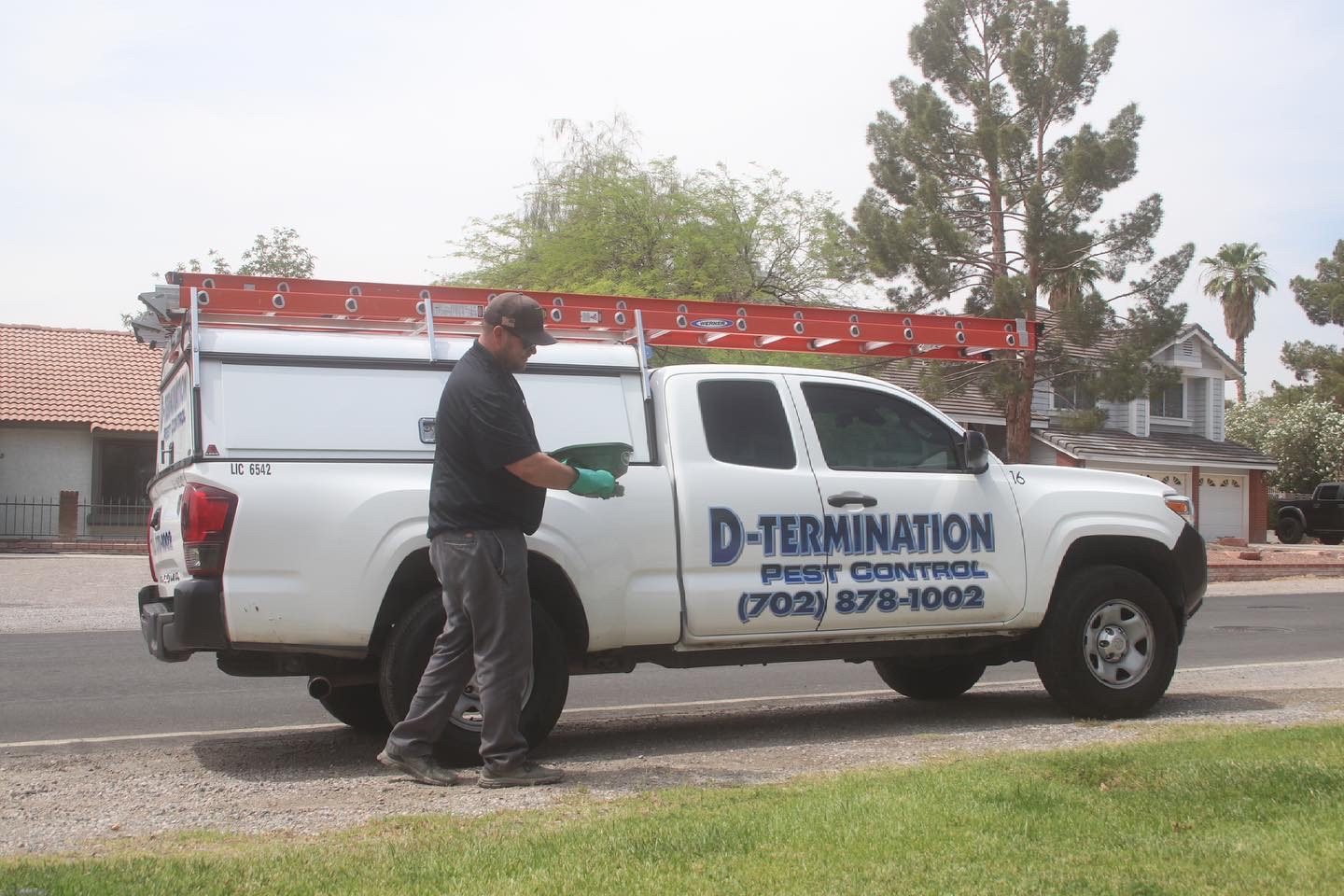Mice are not just small and cute creatures; they can be a real nuisance in your home. They chew through almost everything, including electrical wires, insulation, and wooden structures. Not to mention the potential health hazards they bring with them to your home.
Mice can carry diseases and bacteria that can make you seriously ill. That’s why it is important to mouse-proof the entirety of your home, including the basement, and keep them out of your living space.
Mouse-proofing means taking steps to prevent rodents and keep mice from entering or living in your home. There are several effective methods for achieving this goal.
The Importance of Mouse-Proofing Your House
Mouse-proofing house are important for several reasons. First, mice carry diseases that can be transmitted to humans through their urine, droppings, and saliva. Some of these diseases include Hantavirus Pulmonary Syndrome (HPS), Lymphocytic Choriomeningitis (LCM), and Salmonellosis.
Secondly, mice cause damage to homes by chewing through walls, insulation, wiring, and wooden structures. This damage can lead to costly repairs for homeowners.
Mice are a general nuisance in the home environment because they create unpleasant smells and noises while scurrying around at night. As such, mouse-proofing your house will ensure you have a clean and healthy living space that is free from these pesky rodents.
Brief Overview of Effective Methods
There are several methods for mouse-proofing your house; each has its own unique benefits. These methods include sealing entry points in walls or doors, properly seal food, including your pet food, in containers or cleaning up immediately after use; using traps around the house; natural deterrents like peppermint oil or predator urine; seeking professional help when necessary with pest control services. In this article, we will look at each method in detail so that you can make an informed decision on which method(s) to use to.
Seal Entry Points
Keeping mice out of your house is the first step in mouse-proofing your home. Mice are adept at squeezing through small openings, even garage doors, so it is essential to seal all possible entry points.
The most common rodent entry points are gaps and holes in walls, doors, and windows. One effective method of sealing entry points is to use caulking to fill any gaps or holes that you find around your home.
.
Caulk can be applied with a caulking gun, to small gaps or small holes in walls, and takes about 24 hours to dry completely. Be sure to choose a high-quality caulk that is appropriate for the surface you’re sealing, such as silicone caulk for areas that will be exposed to water.
Another option for sealing entry points is weather stripping. Weather stripping can be applied around doors and window frames to create a tight seal that prevents mice from entering your home.

There are several types of weather stripping available, including adhesive-backed foam tape and V-strip weather stripping. When applying weather stripping, make sure it is snug against the surface you’re sealing but not so tight that it interferes with opening or closing doors or windows.
Close Gaps and Holes in Walls, Doors, and Windows
Gaps and holes in walls, doors, and windows provide easy access points for mice into your house. Take some time to inspect these areas carefully before beginning any mouse-proofing measures.
Start by checking the exterior of your home for any visible gaps or cracks in the foundation walls or siding where mice may enter. Seal these openings with caulk or expanding foam insulation.
Next, check inside your home for any holes around pipes or electrical wiring where they enter through walls or floors; seal them with steel wool or expanding foam insulation. If you have an attached garage door leading into your home,the gap between the bottom of the door and the concrete floor should be sealed as well. You can use a garage door threshold seal or a door sweep to create an effective barrier against mice crawling through that gap.
Effective mouse-proofing requires a combination of sealing entry points and keeping your home clean. With some effort, you can prevent mice from entering your home and avoid damage to your property.
Keep Food Secure
Store food in airtight containers

Mice are attracted to food and can easily sniff out even the smallest crumbs. Storing your food in airtight plastic containers will prevent mice from being able to access it.
Make sure to keep all of your dry ingredients, such as cereals, grains, and pasta, in tightly sealed plastic containers to prevent the rats and mice, from chewing through the packaging. You can also store your fruits and vegetables in the refrigerator if you have one.
Clean up food spills immediately
Mice are also attracted to spilled food, so it is important to clean up any spills immediately. Wipe down counters and sweep floors regularly to make sure you don’t leave any crumbs behind. Pay special attention to areas where you prepare or eat food, as these are prime spots for mouse activity.
Dispose of garbage properly

Properly disposing of garbage in garbage cans is crucial when it comes to mouse-proofing your house. Make sure that all trash cans have tight-fitting lids so that mice cannot access them. If your city has curbside pickup, place your trash cans outside only on pickup days, rather than leaving them outside all week where they can attract rodents.
Additionally, make sure that any compost piles or bins are properly maintained and that they do not attract pests like mice. By following these simple steps for keeping your waste secure, you will be well on your way to mouse-proofing your home!
Use Traps
Traps are one of the most effective methods for getting rid of mice in your home. There are several types of mouse trapsavailable, including snap traps, glue traps, and live traps. Snap traps are the most common type and work by using a spring-loaded bar to kill the mouse instantly.

Glue traps work by trapping the mouse on a sticky surface, which can cause suffering and stress for the animal. Live traps capture mice alive so that they can be released outside your home.

Types of Traps
Snap Traps: These classic wooden or plastic snap-style mousetraps are inexpensive and easy to use. The snap trap works by placing bait on a small trigger plate that is connected to a spring-loaded bar. When the mouse takes bait and steps on the plate, it triggers the bar to snap down on its neck or spine, killing it instantly. Glue Traps: Glue traps are a sticky sheet that mice get stuck on when they run across them. They are an inhumane method because they cause extreme suffering for the animal and should be avoided whenever possible. Live Traps: Live humane mousetraps capture mice without harming them so that you can release them outside your home. These types of mousetraps usually consist of a plastic container with a door that closes when triggered by food placed at the back of it.
Placement of Traps For Maximum Effectiveness
To deter mice and maximize effectiveness, place mousetraps in areas where mice frequently travel or where you have noticed evidence such as droppings or gnaw marks. Be sure to place them along walls since mice typically run along edges rather than across the ground or open spaces.
You may also want to try placing multiple mousetraps in a row or using bait stations to attract mice to the traps. Bait stations are a small plastic container that holds bait and can be used with snap traps or glue traps.
Remember, it’s essential to check and dispose of trapped mice regularly to prevent unpleasant odors and keep your home sanitary. You should also wear gloves when handling mousetraps or dead mice, as they can carry diseases that are harmful to humans.
Natural Deterrents Peppermint oil as a natural mouse repellent
Have you ever heard of using peppermint oil to keep mice out of your home? It might sound crazy, but it works!
Mice hate the smell of peppermint, so if you use it around your house, they’re less likely to come inside. To use peppermint oil as a deterrent, simply soak cotton balls in the oil and place them in areas where mice are known to frequent.
You can also mix the oil with water and spray it around baseboards or other entry points. Not only will this keep the mice or rodents away, but it will leave your home smelling fresh and minty. Use of catnip or predator urine as deterrents
Believe it or not, there are even more natural ways to repel mice and rats! Many people have found success using catnip or predator urine as deterrents.
While this may sound strange, these scents mimic those of natural predators that mice are afraid of. To use catnip, simply sprinkle dried leaves in areas where you’ve seen mouse activity.
For predator urine (which is typically sold online or at outdoor supply stores), spray small amounts near entry points or outside your home. While these methods may seem unconventional, they’re worth a try if you’re looking for more natural ways to keep mice out of your space.
Professional Help
When to Seek Professional Help for Severe Infestations
Sometimes, no matter how much you try to mouse-proof your house, rodent infestations can get out of hand. In such cases, seeking professional help can be the only solution.
If you notice that there are many mice in your home, or if you have tried several methods to get rid of them without success, it’s time to call in the experts. Another indication that you need professional help is seeing mice repeatedly despite taking measures.
If you spot a mouse every few days or multiple times a day despite using traps and other methods, it means there could be a bigger problem at hand. A pest control expert can identify the root cause of the infestation and provide effective solutions.
Hiring Pest Control Services

If you decide to hire pest control services, do your research and choose a reputable company with experience in dealing with mouse infestations specifically. Ask for recommendations from friends or family members who have had similar issues before. When hiring pest control services, ensure that they use humane methods such as live traps if possible.
You don’t want to harm innocent animals while trying to solve your problem. Additionally, make sure they are using safe chemicals and practices around pets and children.
Be prepared to pay for the service as it varies depending on the severity of the infestation and where you live. It’s always better to spend money on effective pest control services than waste time and money on ineffective DIY methods that may not solve your problem entirely.
Seeking professional help does not mean that you have failed in preventing mouse infestations; sometimes mice are just too stubborn! Remember that prevention is always better than cure; however, if things get out of hand despite your efforts in mouse-proofing your house, do not hesitate to seek professional assistance from trusted companies with an excellent track record in dealing with mouse infestations.
Conclusion
After reading through the effective methods for mouse-proofing your house, you should feel confident in your ability to prevent mice from entering your home. Sealing entry points, keeping food secure, using traps and natural deterrents, and seeking professional help for rodent problems when necessary are all crucial steps in ensuring a mouse-free home. Remember to regularly inspect your home for potential entry points and to keep all food stored securely.
Keeping a clean home with no leftover crumbs or spills will make it less attractive for rodents. If you do encounter a mouse infestation, don’t hesitate to seek professional help from pest control services, as they have the expertise to tackle the rodent problem effectively.
By implementing these measures and staying vigilant, you can keep your family safe from the health risks associated with mice and protect your property from damage caused by their chewing habits. Don’t let these tiny critters take over your home – take action today!
D-Termination: Las Vegas’ Premier Pest Control for Rat and Mouse Elimination

Are you tired of managing rat and mouse issues on your property in Las Vegas? Look no further than D-Termination, your ultimate solution. Our team of experts specializes in eliminating these troublesome rodents, bringing back harmony to your surroundings. Bid farewell to rat and mouse problems and opt for D-Termination’s effective pest control services today!
Reach out to us at 702-919-6310 or visit dtermination.com to schedule your rodent control service and regain control of your space by evicting unwelcome guests.
Frequently Asked Questions:
The most effective mouse control method varies depending on the situation, but options include traps, baits, and professional extermination.
To keep mice away permanently, ensure your home is clean and clutter-free, seal all entry points, use deterrents like peppermint oil or ultrasonic devices, and consider professional pest control services.
Truly keeping mice away involves a combination of proper sanitation, sealing entry points, and utilizing effective deterrents or traps.
To prevent mice from getting through walls, seal any cracks or gaps using materials like steel wool, caulk, or expanding foam. Additionally, remove potential food sources and maintain cleanliness to discourage mice from entering.
If you found this article enjoyable, you might also find interest in the following suggestions:
Natural Remedies to Deter Mice: Keeping Your Home Rodent-Free
The Lockdown: How to Seal Common Entry Points for Mice and Keep Them Out of Your Home








